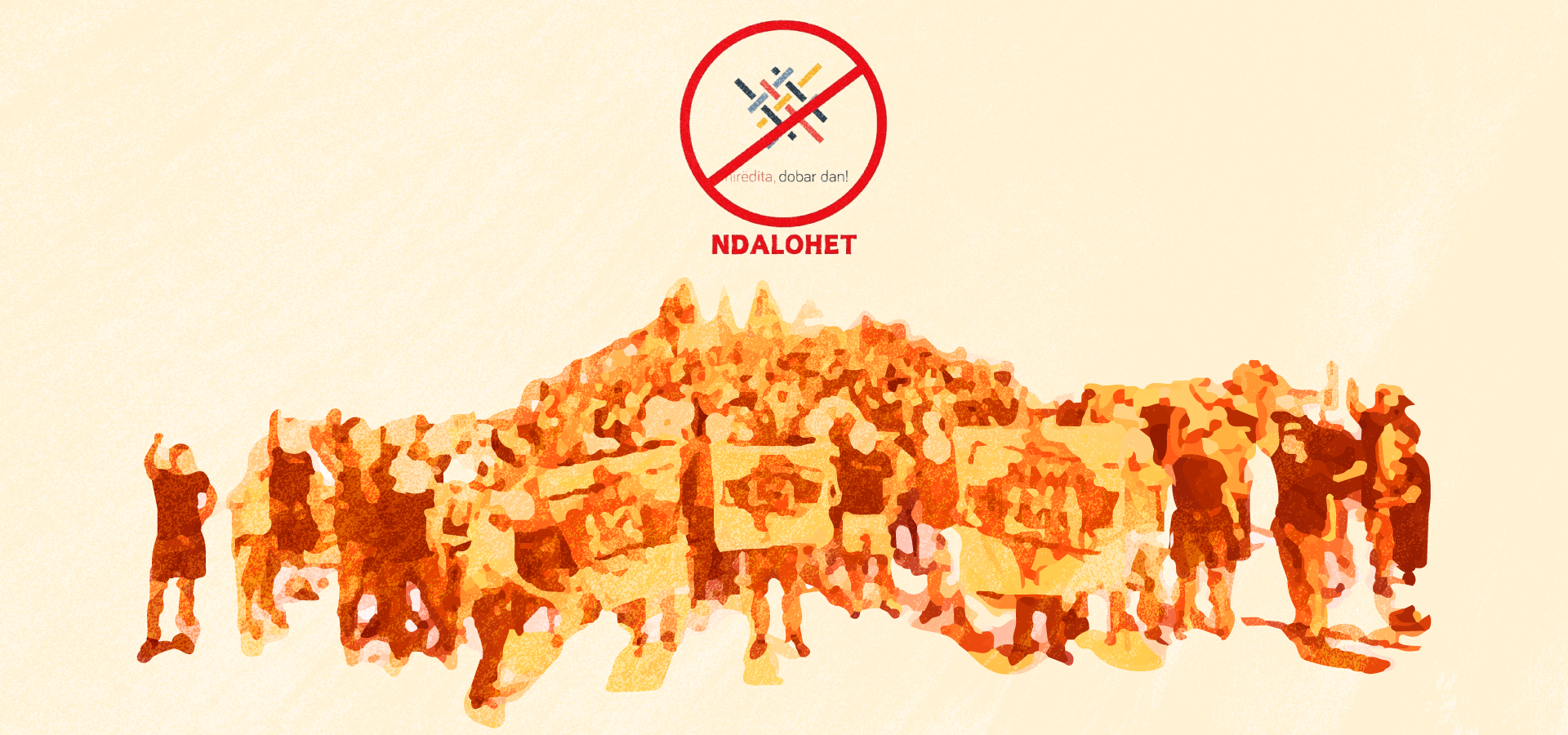
Good day, Belgrade!
Will it ever get better in Serbia?
|09.07.2024
|
In less than two months, I witnessed a normalization of things that should never be considered normal.
This year, ordinary men, along with political leaders, ambushed the Mirëdita, Dobar Dan! festival again and eventually banned it.
For this to happen, the Serbian state must first let go of Kosovo.
Festivals like Mirëdita, Dobar Dan! do not go to Belgrade to deny the past or to pretend it never happened.
The Serbian government is seeing its self-made myth slip away because people inevitably gravitate toward the truth, even if they do so late.
The Serbian political class urgently needs to improve — if it truly loves its people.

Aurela Kadriu
Aurela Kadriu is a sociologist, researcher and cultural manager. Her research on memory, socio-urbanism, gender and human rights is focused on the recent history of Kosovo and the former Yugoslavia. She is the Program Director of Qendra Multimedia — a cultural organization dealing with cultural production, focused on contemporary theater and literature.
DISCLAIMERThe views of the writer do not necessarily reflect the views of Kosovo 2.0.
This story was originally written in Albanian.